According to Reuters, the Word ID is considered a "digital passport" to prove that its owner is a real person and not an artificial intelligence (AI) bot. To get a World ID, customers must register to have their iris scanned in person using a special Worldcoin ball, a silver ball about the size of a bowling ball. Once the iris is scanned and the ball verifies that you are a real person, your Word ID will be created.
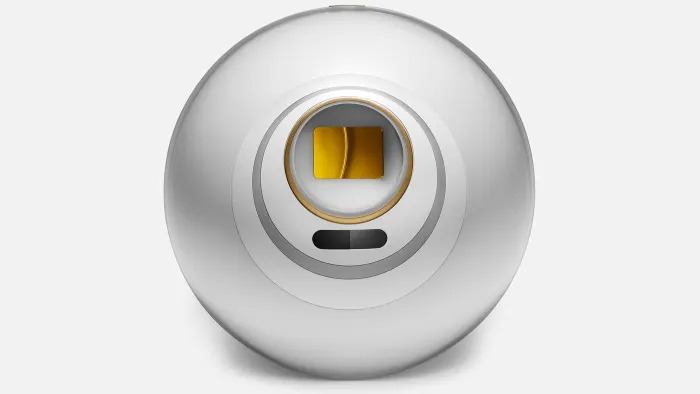
World ID Product Head Tiago Sada Says Worldcoin Project Will Be Profitable
The company said that from May 2021 to July 2023, more than 2 million individuals in more than 30 different countries have verified their World ID. In certain countries, users will receive Worldcoin's WLD cryptocurrency tokens when they register an account. Worldcoin, which holds about 20% of all WLD tokens, is not currently being launched in the United States due to regulatory scrutiny. The company will limit the total supply to 10 billion WLD for the first 15 years.
Co-founder Alex Blania said the blockchain can store World IDs and protect privacy without being controlled or shut down by any single entity. Blania said World ID is essential in the age of AI chatbots like ChatGPT because it can be used to differentiate between real people and AI bots online.
OpenAI CEO Sam Altman said Worldcoin will help address how the economy will be reshaped by generative AI. One example Altman gave is universal basic income (UBI), a social welfare program typically run by governments that provides a regular cash grant to all citizens. Because AI “will increasingly do the work that people are currently doing,” the OpenAI CEO believes UBI could help combat income inequality. Since only real people will own World IDs, it could be used to reduce fraud when deploying UBI. Altman said a world with UBI is far in the future and there is no clear idea of which entity could distribute the money, but Worldcoin has laid the groundwork for it to become a reality.
The collapse of FTX and Celsius prompted a series of enforcement actions by top regulators to crack down on speculative cryptocurrency projects, according to the Financial Times . Despite regulatory hurdles, investors poured about $250 million into Worldcoin, including venture capital groups Andreessen Horowitz and Khosla Ventures, internet entrepreneurs Reid Hoffman and Sam Bankman-Fried before the FTX empire collapsed.
Source link


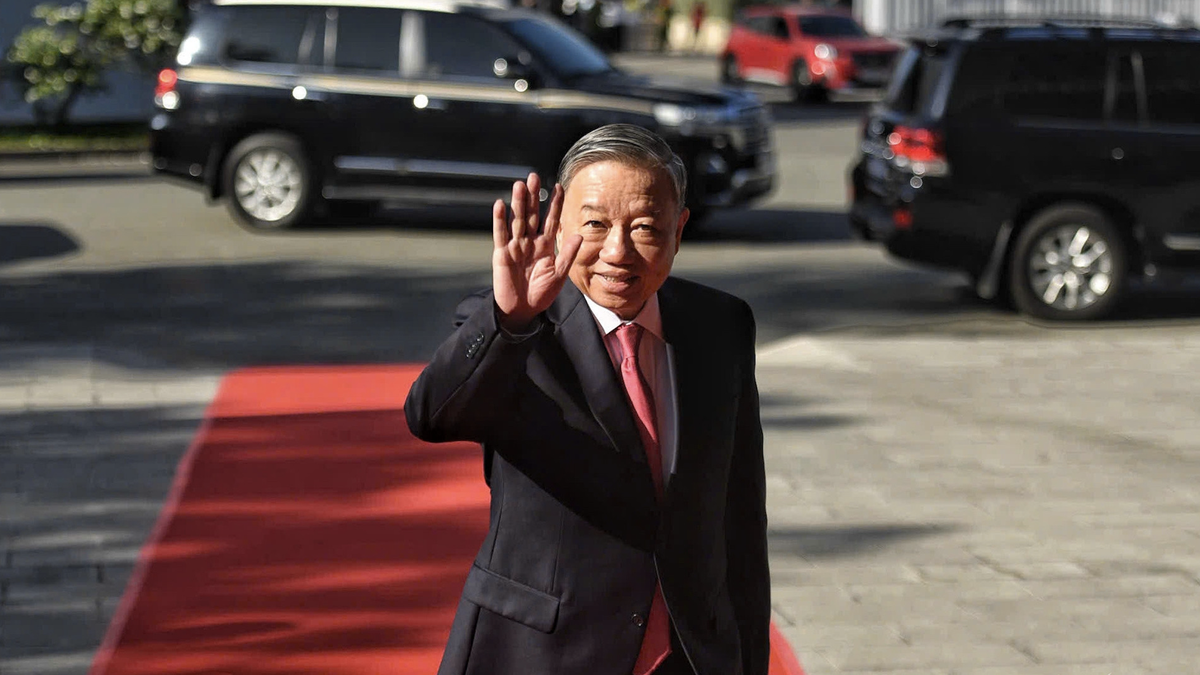
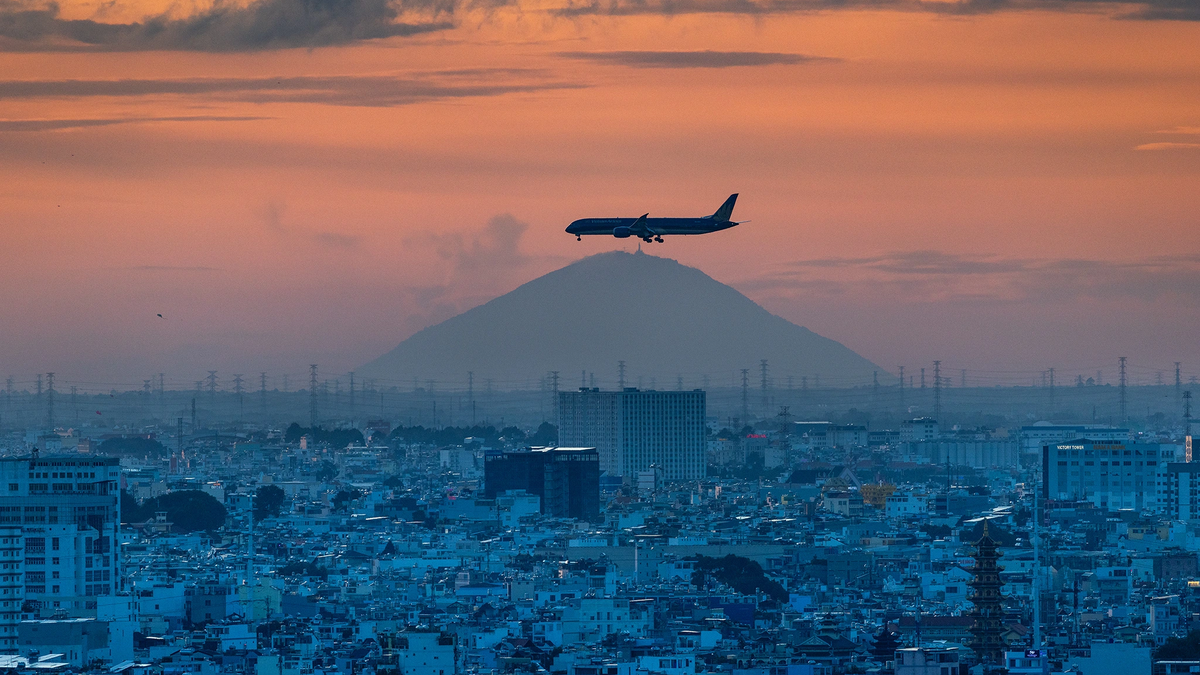

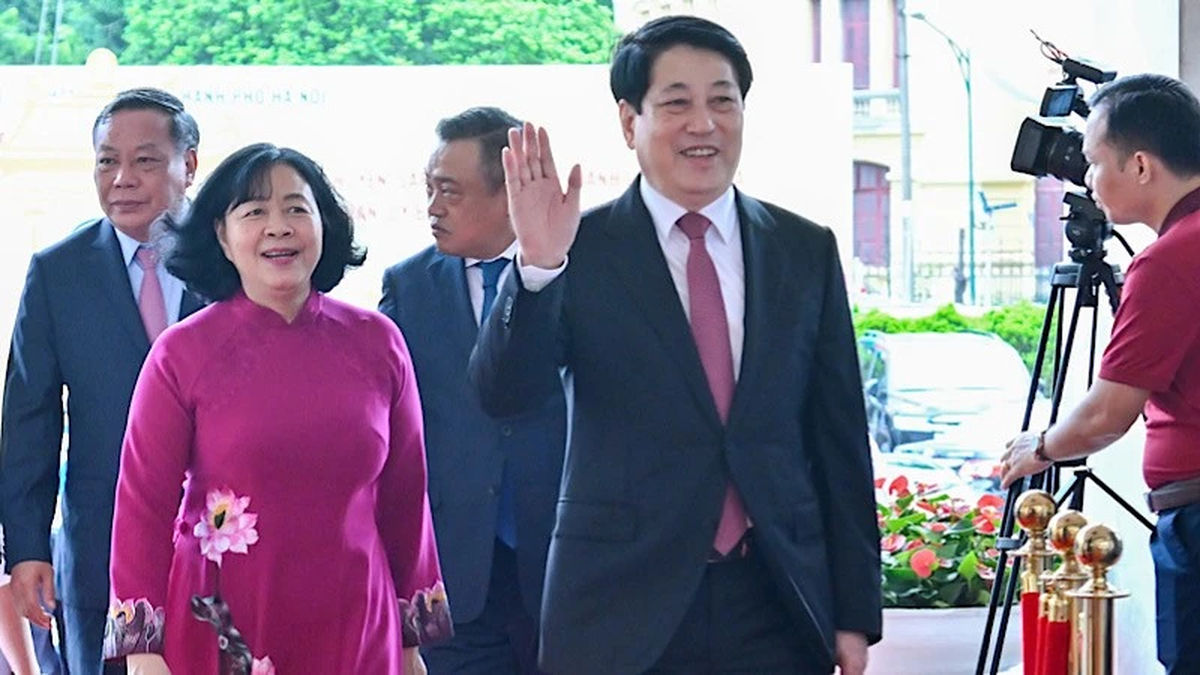
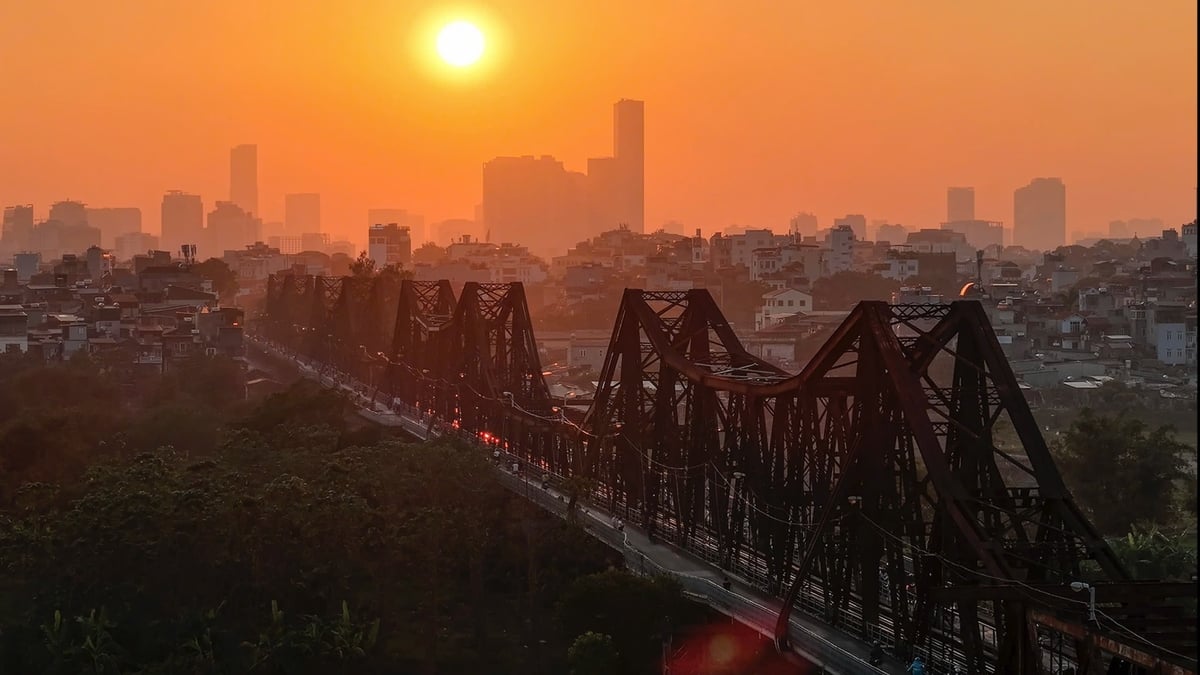
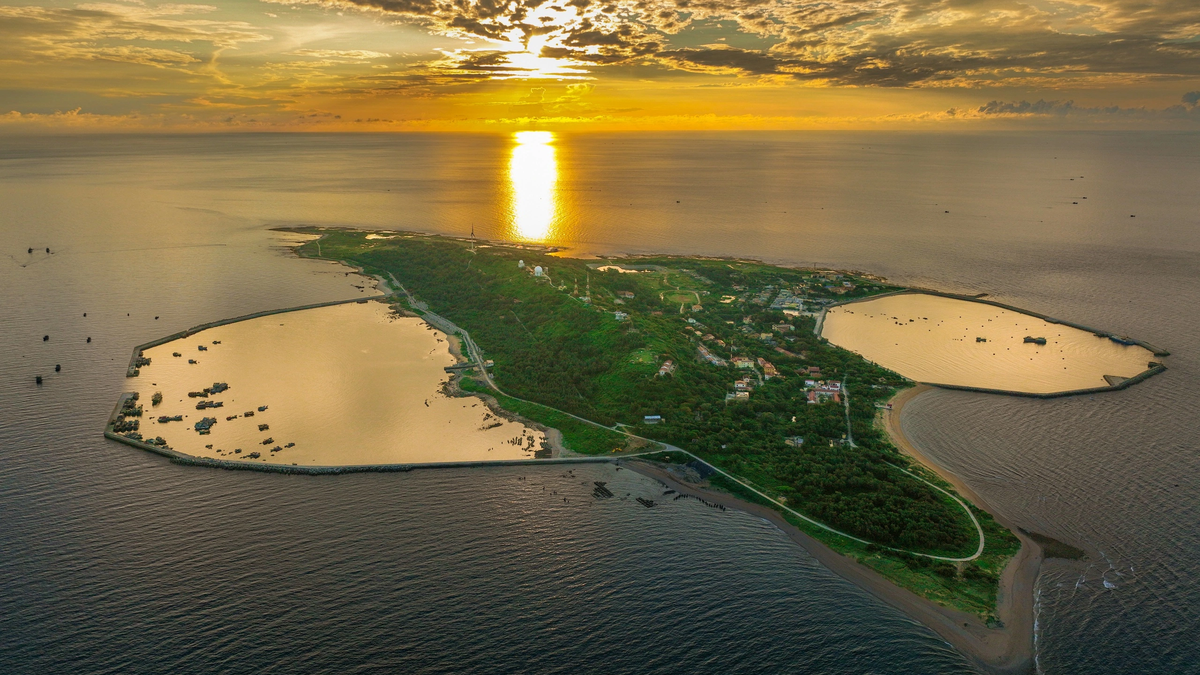
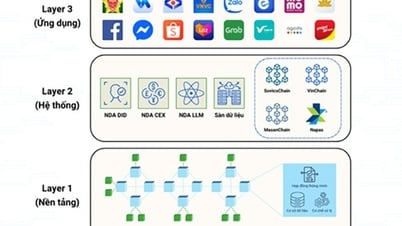

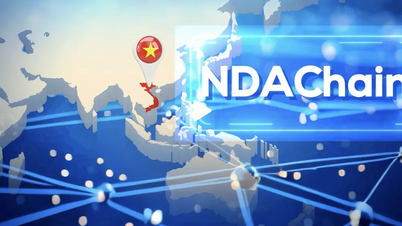

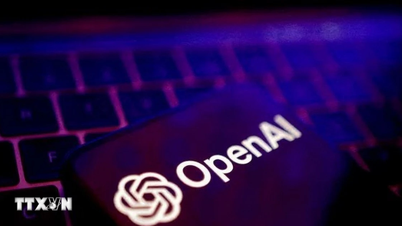

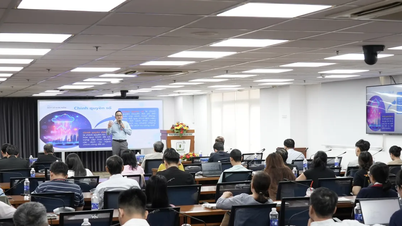
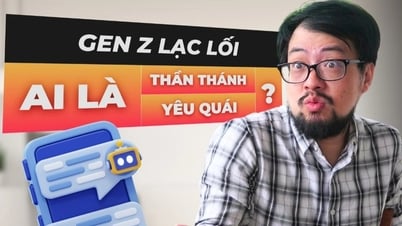





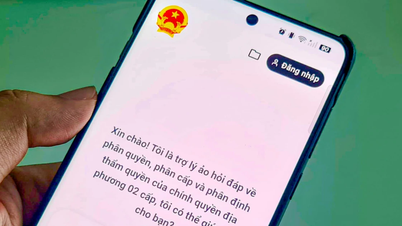

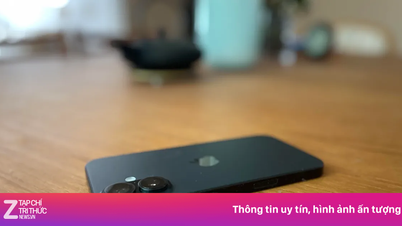
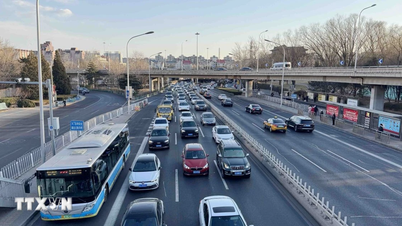









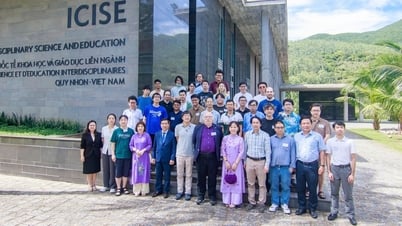

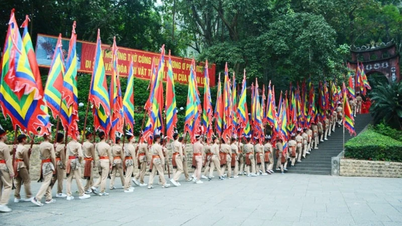









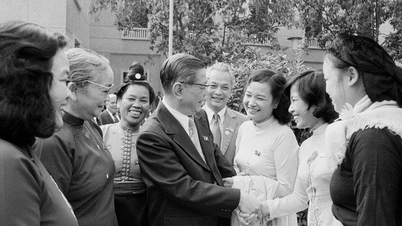



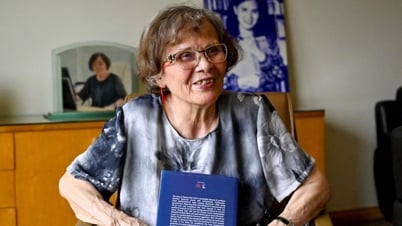


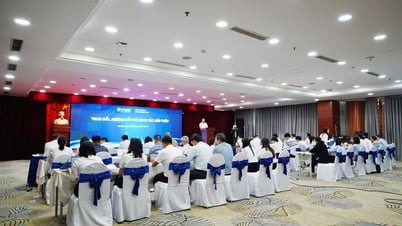

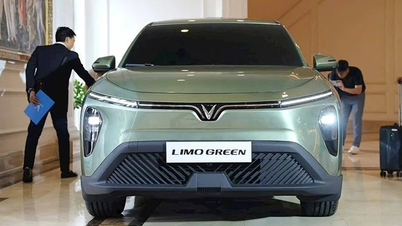


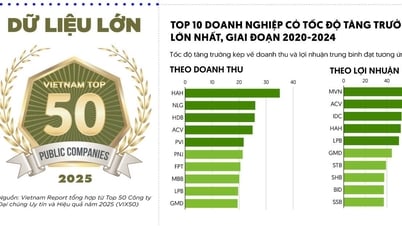
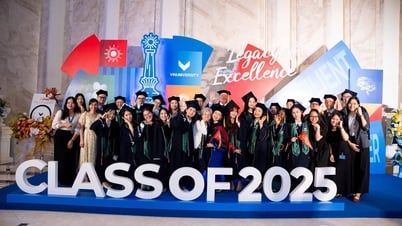
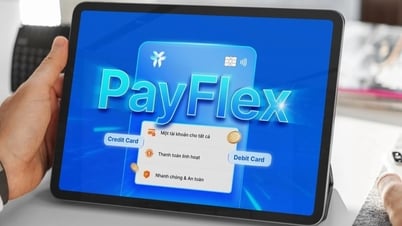

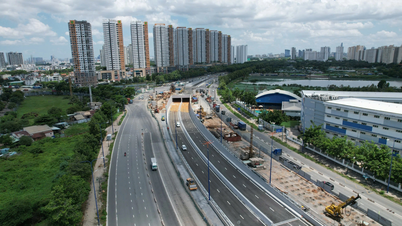









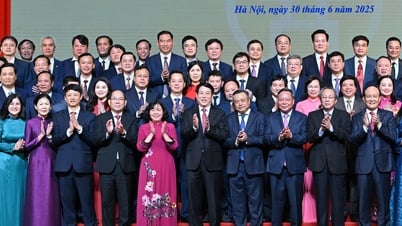


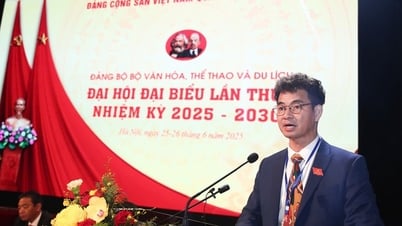
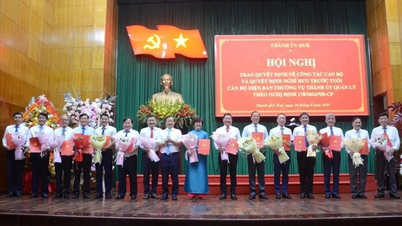
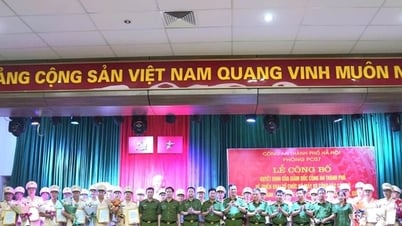

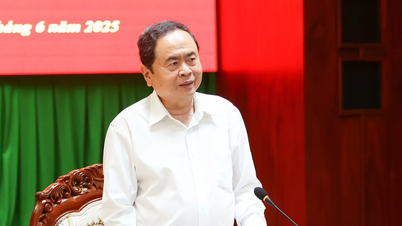
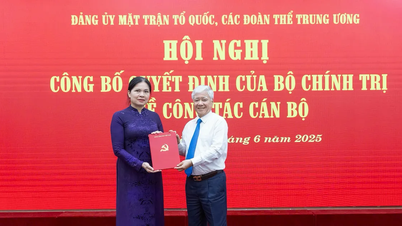














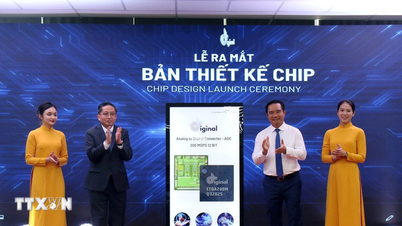

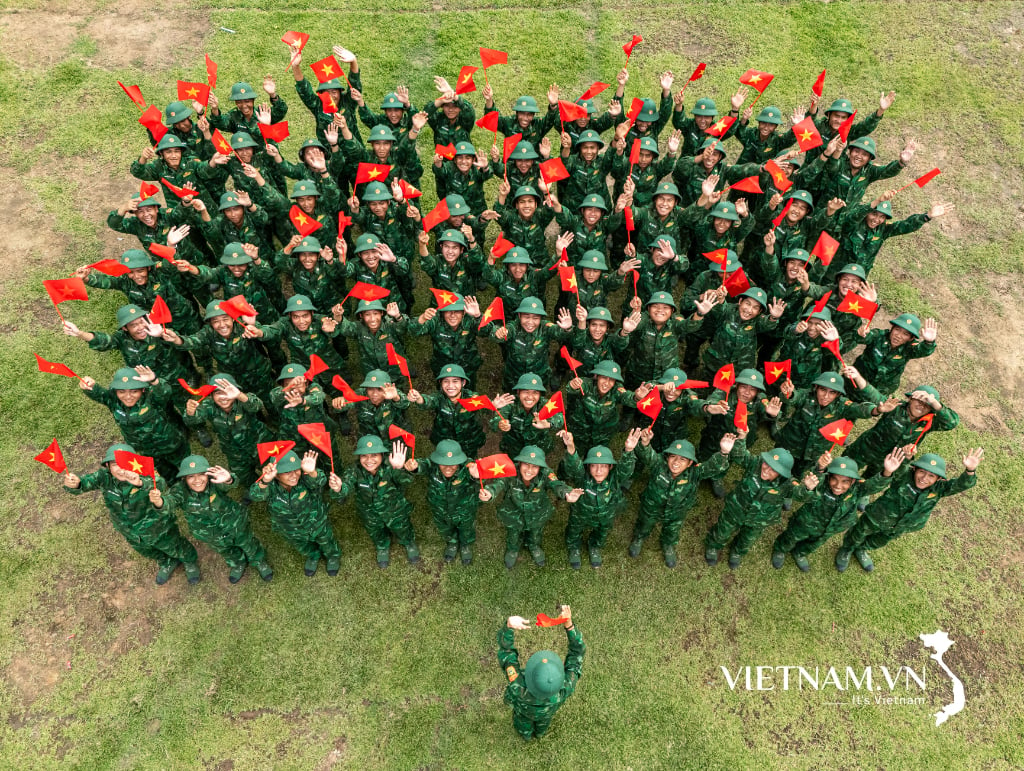
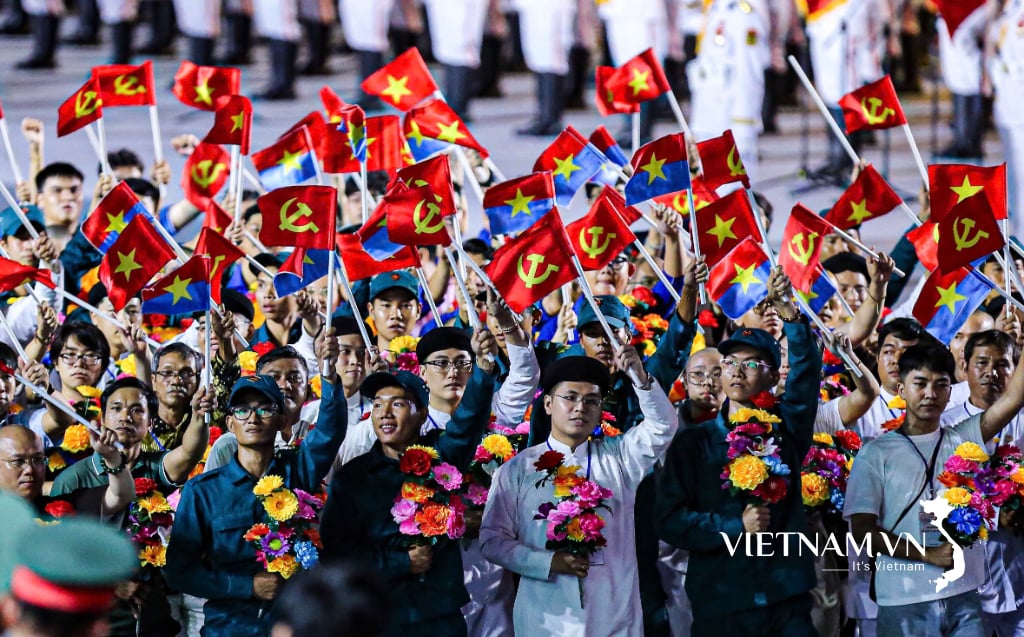


Comment (0)